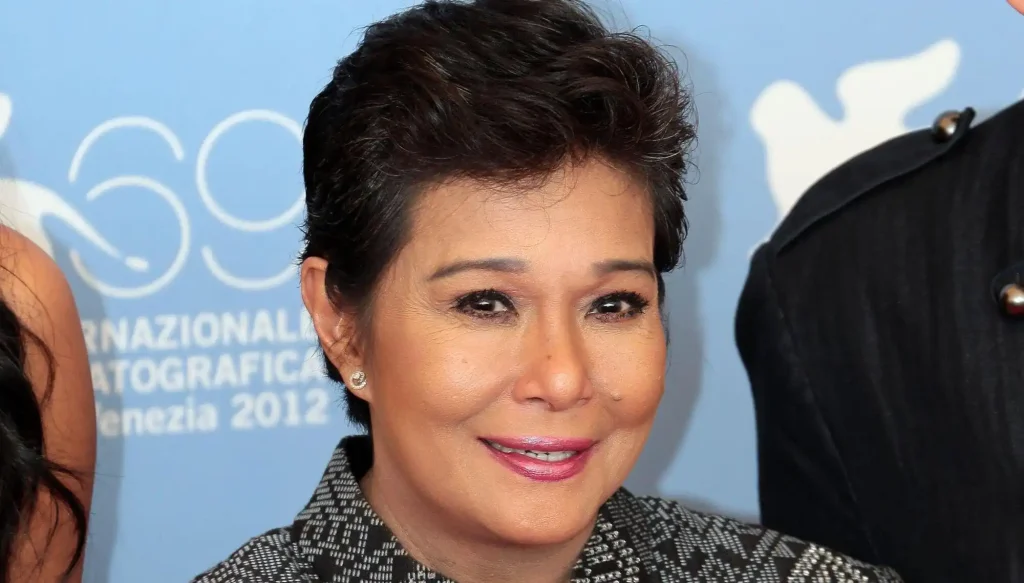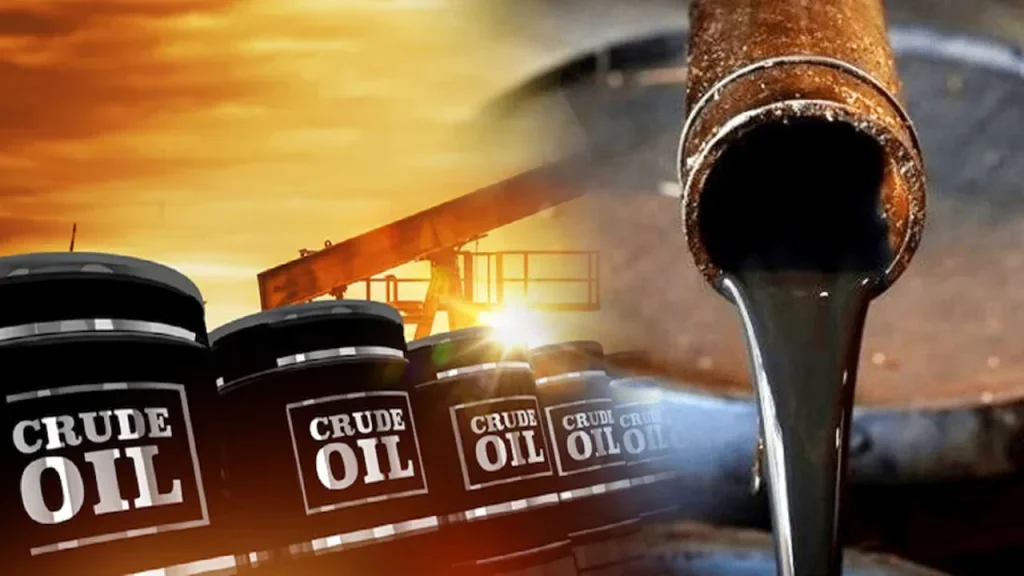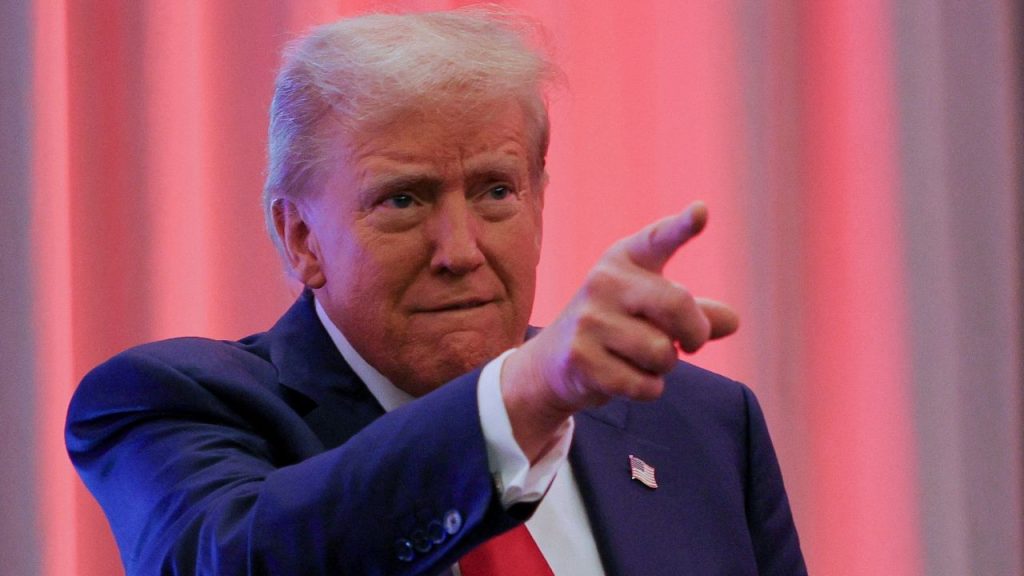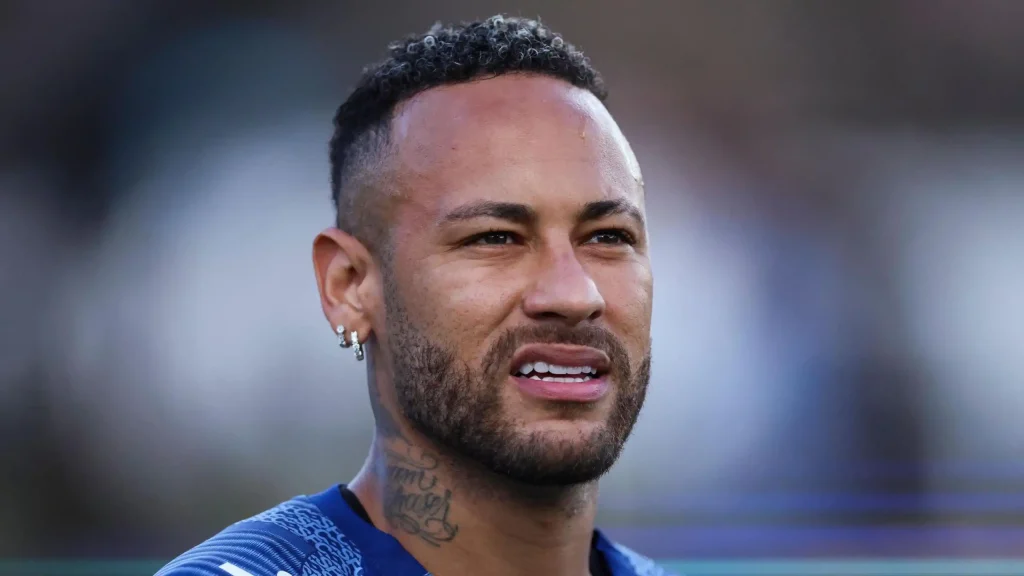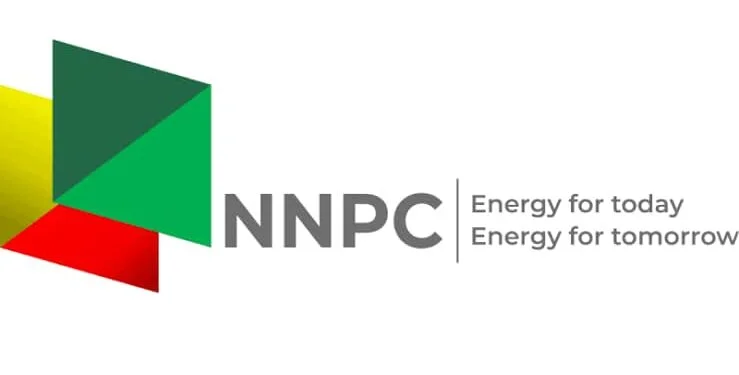Crude Oil Prices and Market Forces Drive Petrol Costs
The Minister of State for Petroleum Resources (Oil), Heineken Lokpobiri, has emphasized that fluctuations in petrol pump prices are primarily influenced by crude oil prices in the international market. Speaking at the inaugural meeting of the Petroleum Industry Stakeholders Forum in Abuja on Thursday, the minister clarified that the downstream sector is now fully deregulated, meaning the government no longer sets fuel prices.
Lokpobiri explained, “The whole essence of deregulation is for price to find its level. As oil prices go up, petrol prices will go up; as oil prices drop, so will petrol prices. This is the reality of a deregulated market.”
Concerns Over Rising Prices
Fresh concerns arose recently when Brent crude oil, the global benchmark, surpassed $80 per barrel, sparking fears of an increase in petrol prices. Private depots responded by raising the loading cost of petrol to N950 per litre. However, independent marketers at the meeting assured the public that any price increase would not be immediate.
The Chairman of the Major Energy Marketers Association of Nigeria, Huub Stockman, noted, “While crude oil is a major component of the pricing template, other market factors also play a role. The relationship between crude prices and petrol prices isn’t always immediate or direct.”
Efforts to Stabilize Petrol Prices
The National President of the Independent Petroleum Marketers Association of Nigeria (IPMAN), Abubakar Maigandi, credited recent price stability to partnerships with the Dangote refinery and MRS filling stations. He explained that these collaborations allow independent marketers to sell petrol at a lower price than other marketers, with the retail price currently at N935 per litre.
He stated, “We have been loading with the Dangote refinery since late last year. This partnership has ensured a more uniform price across the country and helped reduce retail costs.”
Government Focuses on Quality Control and Competition
Lokpobiri also highlighted the government’s shift in focus towards ensuring quality control, availability, and fairness in fuel dispensing. “What the government is particularly interested in is the dispensation of the right quantity. If you are buying 10 litres of PMS, let it be that you are not short-changed by the retail filling station,” he said.
The minister added that deregulation has ended controversies and malpractices associated with the now-defunct petrol subsidy policy, fostering a competitive market environment that benefits consumers.
Growth in the Oil and Gas Sector
The Chief Executive of the Nigerian Upstream Petroleum Regulatory Commission (NUPRC), Gbenga Komolafe, provided an update on efforts to boost Nigeria’s oil production. He noted that the number of active oil rigs has risen significantly, from an average of 8 in 2021 to 38 in 2024, marking a 79% increase.
“Oil production rose by 26% between April 2023 and November 2024, and national oil and gas reserves grew by 1.45% and 0.206%, respectively. Collaboration with security agencies has also reduced theft and deferment by over 40% in the past year,” Komolafe stated.
Looking Ahead
Despite concerns over potential price increases, stakeholders expressed optimism about the industry’s progress and stability. The government and industry leaders remain committed to maintaining a competitive, transparent, and sustainable petroleum sector while addressing challenges to ensure consistent supply and affordability for Nigerians.
While market forces will continue to dictate petrol prices, the collaboration between private and public stakeholders, alongside measures to increase local production, may help mitigate future price shocks.






